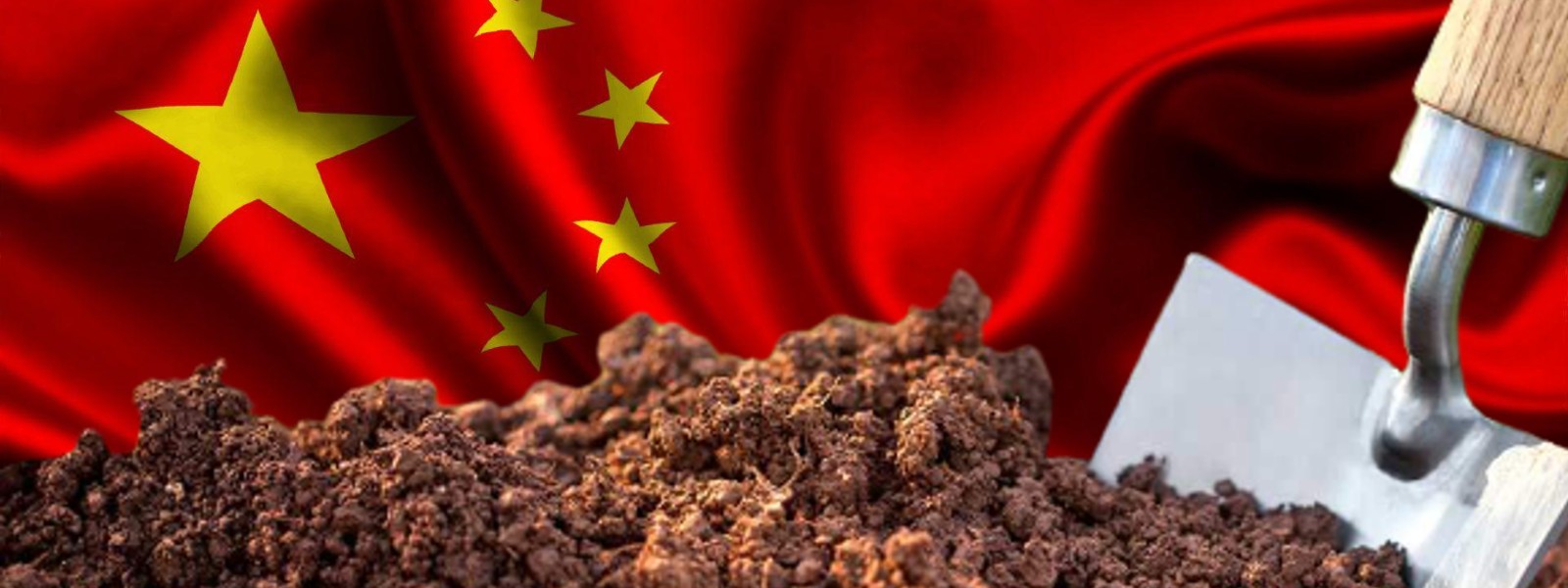The Ministry of Agriculture has stated that it will not accept the reports of any tests carried out by a third party on the controversial fertiliser samples of China-based Qingdao Seawin Biotech Group Co. Ltd.
Speaking to The Morning, Ministry of Agriculture Secretary Prof. Udith K. Jayasinghe-Mudalige said: “It is not possible to import fertiliser from this company based on test reports of a third party. If the company wants to supply fertiliser to Sri Lanka, they should follow the prescribed procedure from the beginning by submitting samples to the local testing agencies, mainly the National Plant Quarantine Service (NPQS).”
Schutter Global Inspection and Survey Company Ltd., the third-party testing agency selected by Qingdao Seawin Biotech Group, has stated that no harmful characteristics, such as coliform bacteria, salmonella, and ascarid eggs, were found in the fertiliser samples provided by the said Chinese company.
Accordingly, the Ministry Secretary said that even though the relevant Chinese company has the power to get fertiliser samples tested by any party, a decision regarding the importation of fertiliser from it can only be taken based on the findings of the NPQS.
“Samples of these fertilisers were twice submitted to the NPQS and they have come to a conclusion that they contain harmful microorganisms. That is the end of our process. If the relevant company has got the samples tested by any other party, it is up to them, but we will not take such into account. That is because our decision is based on what the NPQS has stated based on their tests,” he said.
Meanwhile, commenting on the “Hippo Spirit” ship, which is currently in Sri Lankan seas with a stock of organic fertiliser from the Chinese company in question, Prof. Jayasinghe-Mudalige said that the ship should go back and that there would be no point of asking for compensation or submitting third-party test reports.
“We did not ask for this ship to come here. Therefore, there will be no point of giving third-party test reports or asking for compensation for something we did not ask. Furthermore, we cannot get into the ship and test the fertiliser samples in it,” he added.
When contacted by The Morning to query what action the Chinese fertiliser company would take in this situation, the local agent of the said company said that he was not aware of such.
It was also reported this weekend that this Chinese company has sent a Letter of Demand (LoD) seeking a sum of $ 8 million in damages from the NPQS.
Accordingly, the Samagi Jana Balawegaya (SJB) had organised a protest in front of the NPQS in Katunayake yesterday (11) over the said demand of the Chinese company. SJB Parliamentarian Dr. Kavinda Heshan Jayawardena, who participated in the protest, claimed that they strongly condemn the interference of the Chinese company into the NPQS, which is a state institution.
Furthermore, the Agriculture Graduates’ Association of Sri Lanka Agriculture Service (AGASLAS) is to visit the Chinese Embassy in Sri Lanka in protest over the Chinese fertiliser company’s LoD to the NPQS. In a media statement, they also said that they would hold a silent protest in front of the Chinese Embassy.
Following tests carried out by local testing agencies, including the NPQS, on the second set of samples of organic fertiliser made in China that have confirmed the presence of harmful bacteria in the said samples, the Agriculture Ministry recently decided not to import organic fertiliser from the said Chinese company.
In this backdrop, State Minister of Promoting the Production and Regulating the Supply of Organic Fertiliser, and Paddy and Grains, Organic Foods, Vegetables, Fruits, Chillies, Onion, and Potato Cultivation Promoting, Seed Production, and Advanced Technology Agriculture Shasheendra Rajapaksa told the media on 26 October that China had refused to accept the results of the tests conducted so far.
“They (China) said the tests carried out on these fertiliser samples by local agencies cannot be accepted as they were not accredited laboratories. They said that this company in question manufactures fertilisers for about 16 countries, including Australia, Canada, and the US, and, therefore, asked us to understand the quality of these fertilisers,” he said.


